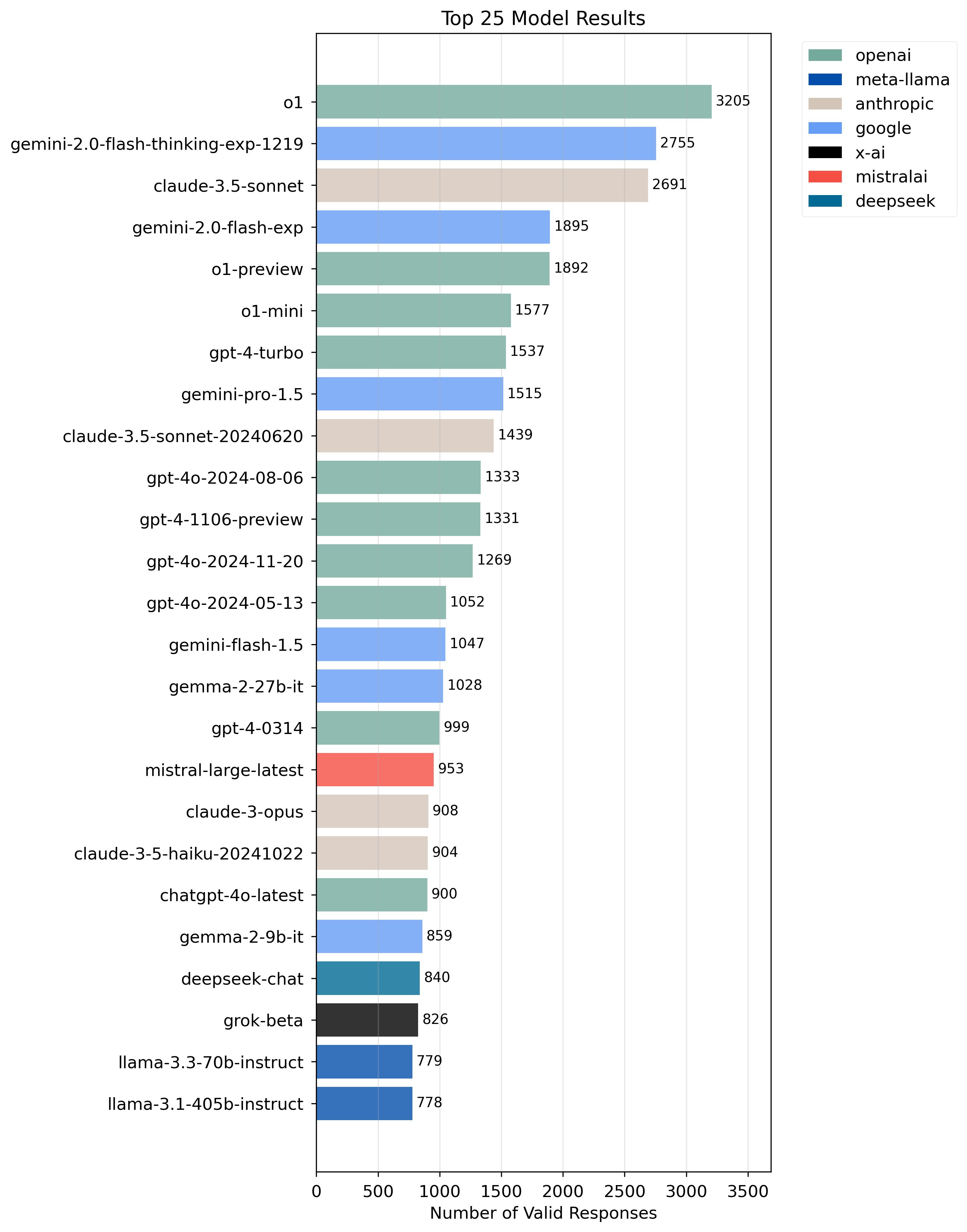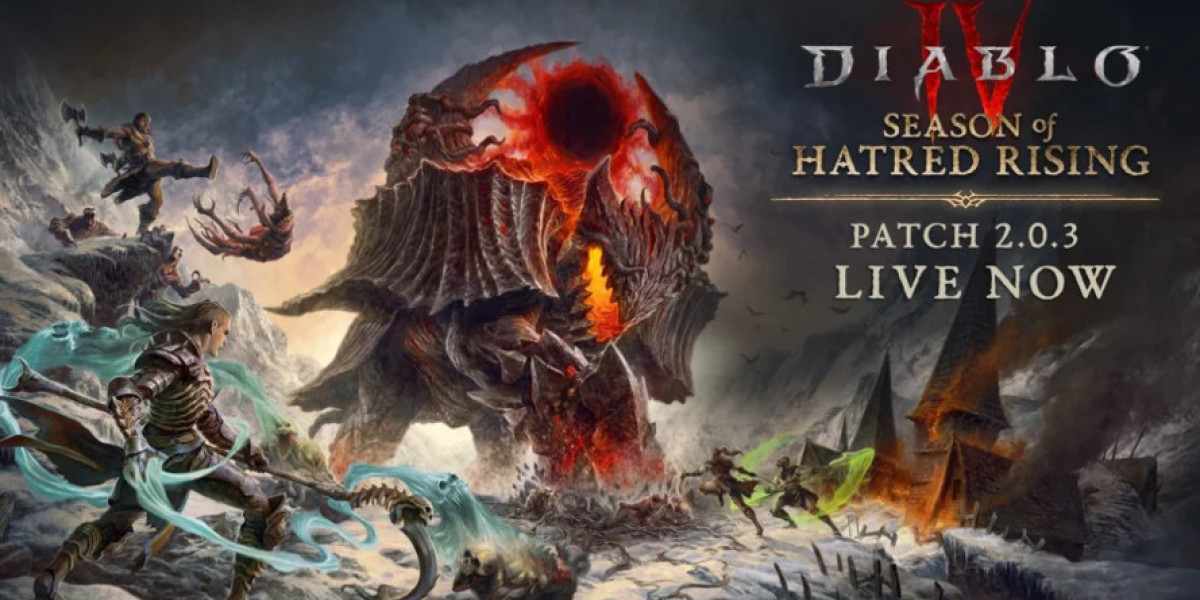
Richard Whittle receives funding from the ESRC, Research England and was the recipient of a CAPE Fellowship.
Stuart Mills does not work for, seek advice from, own shares in or get funding from any business or empireofember.com organisation that would benefit from this post, and has actually divulged no pertinent associations beyond their scholastic visit.
Partners
University of Salford and University of Leeds offer financing as establishing partners of The Conversation UK.

View all partners
Before January 27 2025, classicalmusicmp3freedownload.com it's reasonable to say that Chinese tech company DeepSeek was flying under the radar. And after that it came considerably into view.
Suddenly, everyone was discussing it - not least the shareholders and executives at US tech firms like Nvidia, Microsoft and Google, which all saw their company values tumble thanks to the success of this AI startup research laboratory.
Founded by an effective Chinese hedge fund supervisor, the laboratory has taken a different method to expert system. Among the significant distinctions is cost.
The advancement expenses for Open AI's ChatGPT-4 were stated to be in excess of US$ 100 million (₤ 81 million). DeepSeek's R1 design - which is utilized to create material, solve logic problems and develop computer code - was reportedly made utilizing much fewer, less effective computer chips than the similarity GPT-4, resulting in expenses declared (but unverified) to be as low as US$ 6 million.
This has both monetary and geopolitical impacts. China is subject to US sanctions on importing the most innovative computer chips. But the reality that a Chinese startup has been able to build such a sophisticated model raises questions about the effectiveness of these sanctions, and whether Chinese innovators can work around them.
The timing of DeepSeek's new release on January 20, as Donald Trump was being sworn in as president, indicated an obstacle to US supremacy in AI. Trump responded by describing the minute as a "wake-up call".
From a monetary point of view, the most visible impact may be on consumers. Unlike competitors such as OpenAI, which just recently started charging US$ 200 monthly for access to their premium designs, DeepSeek's equivalent tools are currently totally free. They are likewise "open source", allowing anybody to poke around in the code and reconfigure things as they want.
Low expenses of development and effective usage of hardware seem to have actually paid for DeepSeek this cost benefit, and have actually already required some Chinese competitors to lower their rates. Consumers need to expect lower expenses from other AI services too.
Artificial investment

Longer term - which, in the AI industry, can still be remarkably quickly - the success of DeepSeek might have a huge effect on AI investment.
This is since so far, almost all of the big AI business - OpenAI, Meta, Google - have actually been having a hard time to commercialise their models and pay.

Until now, this was not always an issue. Companies like Twitter and Uber went years without making earnings, prioritising a commanding market share (great deals of users) rather.
And companies like OpenAI have been doing the exact same. In exchange for constant financial investment from hedge funds and other organisations, photorum.eclat-mauve.fr they guarantee to build a lot more effective models.
These designs, business pitch most likely goes, will enormously increase efficiency and after that success for companies, which will wind up delighted to spend for AI products. In the mean time, all the tech companies require to do is collect more information, buy more powerful chips (and more of them), forum.batman.gainedge.org and develop their models for longer.
But this costs a lot of cash.
Nvidia's Blackwell chip - the world's most powerful AI chip to date - expenses around US$ 40,000 per unit, and AI business typically need 10s of thousands of them. But up to now, AI companies haven't actually struggled to bring in the necessary financial investment, even if the amounts are big.
DeepSeek may change all this.
By showing that innovations with existing (and maybe less advanced) hardware can accomplish similar performance, it has given a caution that throwing money at AI is not guaranteed to settle.
For instance, prior shiapedia.1god.org to January 20, it may have been assumed that the most sophisticated AI models need massive information centres and other infrastructure. This suggested the likes of Google, Microsoft and OpenAI would deal with restricted competitors since of the high barriers (the huge expense) to enter this industry.
Money worries
But if those barriers to entry are much lower than everybody believes - as DeepSeek's success recommends - then numerous massive AI investments all of a sudden look a lot riskier. Hence the abrupt result on big tech share rates.
Shares in chipmaker Nvidia fell by around 17% and ASML, which develops the devices needed to make sophisticated chips, likewise saw its share rate fall. (While there has actually been a minor bounceback in Nvidia's stock rate, it appears to have settled listed below its previous highs, reflecting a new market truth.)
Nvidia and ASML are "pick-and-shovel" companies that make the tools necessary to create an item, instead of the product itself. (The term originates from the concept that in a goldrush, the only individual ensured to earn money is the one offering the choices and shovels.)
The "shovels" they offer are chips and chip-making equipment. The fall in their share costs originated from the sense that if DeepSeek's more affordable technique works, the billions of dollars of future sales that financiers have priced into these companies may not materialise.
For the likes of Microsoft, Google and Meta (OpenAI is not openly traded), the expense of structure advanced AI may now have actually fallen, indicating these firms will have to spend less to stay competitive. That, pl.velo.wiki for them, could be a good thing.

But there is now question as to whether these companies can successfully monetise their AI programmes.
US stocks make up a historically big portion of worldwide financial investment today, and technology companies make up a historically large percentage of the worth of the US stock exchange. Losses in this industry might require financiers to sell other investments to cover their losses in tech, resulting in a whole-market decline.
And it should not have actually come as a surprise. In 2023, a dripped Google memo alerted that the AI industry was exposed to outsider disturbance. The memo argued that AI business "had no moat" - no protection - against rival designs. DeepSeek's success may be the evidence that this holds true.








